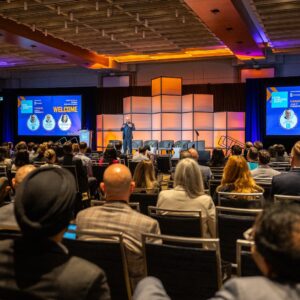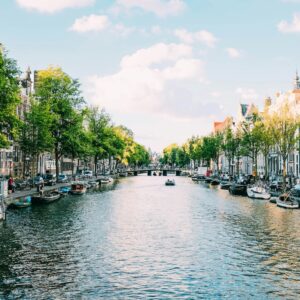Source: Yapily
Open Banking is transforming the way we do financial services, and Yapily is on a mission to provide the greatest coverage in France. Yapily has today announced that its API is now available for local fintechs and businesses in France, providing seamless and secure access to financial data and payment infrastructure. This enables companies to expand their offering to French customers, while leveraging the opportunities of Open Banking to create new and innovative products.
France is already home to more than 1,200 innovative fintech companies including the likes of Epsor, Joko and Pennylane. Yapily expect to see continued growth in payment providers and accountancy software companies that will inevitably drive further use and adoption of Open Banking services. The see huge potential as the industry navigates its way out of the pandemic, the need for further digitalisation is clear and Open Banking can pave the way to success for many businesses.
France uses the ‘STET’ API standard, which is not to be confused with neighbouring countries that use the Berlin Group standard. As it stands the STET API standard supports current accounts and credit cards. Yapily has built specific solutions to support:
Pagination
There was no pagination implemented, so Yapily added its own solution. Effectively this meant putting pages into transaction responses for multiple pages of customer transactions, as opposed to having to call for pages of transactions separately.
Consent flow
The consent flows for various banks in France only have consent access for between 30mins – 24-hours rather than traditional 90 days. Yapily has developed a technical solution to this, where it will refresh the token at the interval required, so they can always generate access tokens whenever they’re needed. This prevents the need for re-authentication within such short time periods.
Where next?
With Open Banking connectivity implemented in France, Yapily will be looking to build its connectivity in Austria and into the Nordic regions.









